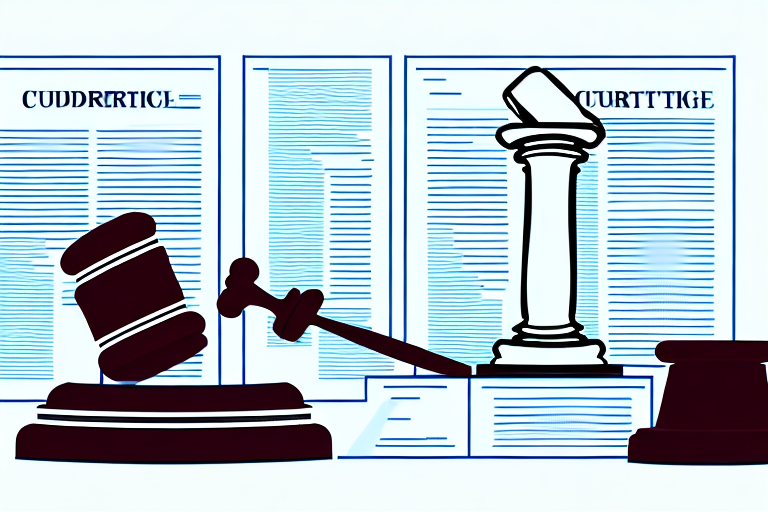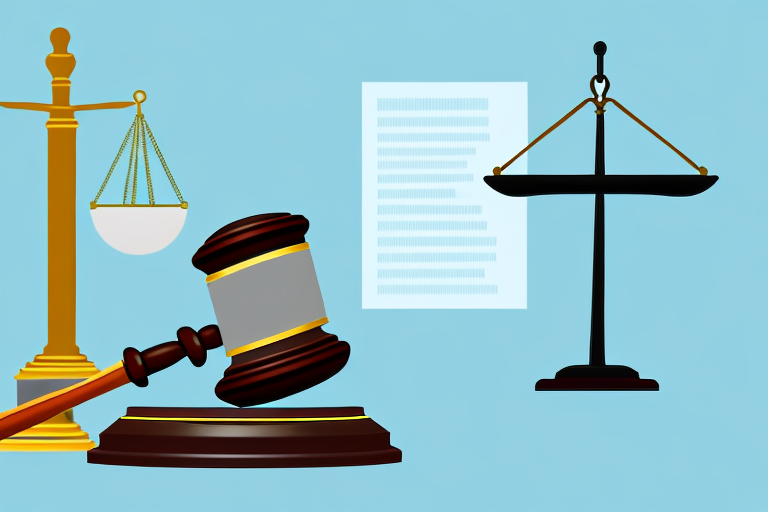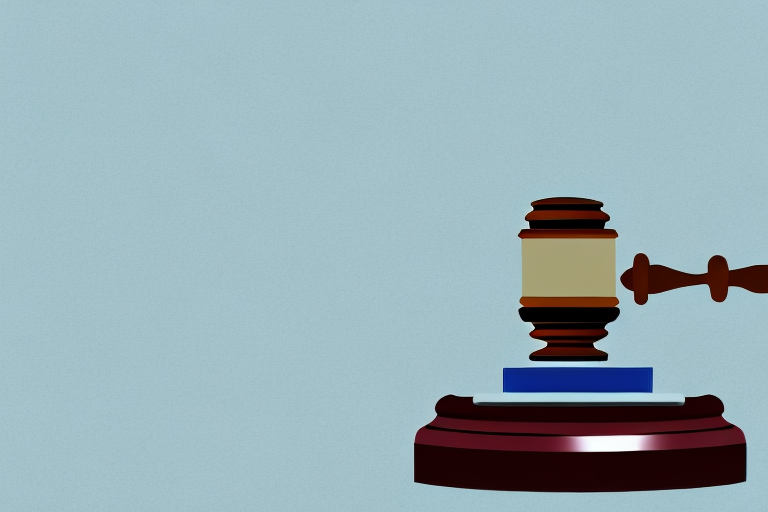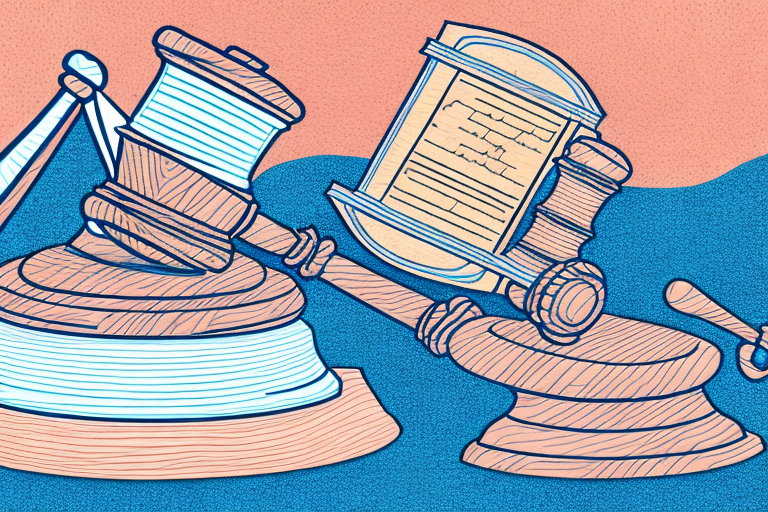In today’s complex business landscape, both businesses and consumers need protection from potential legal issues that may arise in their interactions. Commercial law plays a crucial role in providing this protection, outlining the legal framework and regulations that govern business transactions. Understanding commercial law and its principles is essential for both businesses and consumers to ensure they are protected and can operate within the law.
Understanding Commercial Law
Definition and Purpose of Commercial Law
Commercial law, also known as business law, is an essential aspect of the legal system with which commercial lawyers Canberra regulates the conduct of commercial entities and transactions. It encompasses a broad range of legal regulations and rules that apply to businesses and commercial transactions. Its primary purpose is to govern and regulate the legal processes involved in the buying and selling of goods and services between parties in a commercial or business context.
Commercial law provides a legal framework for businesses to operate within and outlines the rules and regulations to which they must adhere. It plays a crucial role in ensuring that businesses operate in a fair and ethical manner, protecting the interests of consumers, investors, and other stakeholders.

Key Principles of Commercial Law
Commercial law is based on several key principles that are designed to ensure fairness and transparency in commercial transactions. These principles include:
- Contract Law: This governs the formation and enforcement of legal agreements between parties. It outlines the legal requirements for creating a valid contract, such as offer, acceptance, consideration, and intention to create legal relations. It also provides remedies for breach of contract, such as damages, specific performance, and injunctions.
- Sale of Goods and Services: This principle outlines the legal requirements for selling and purchasing goods and services in a commercial context. It covers aspects such as the transfer of ownership, warranties, delivery, and payment. It also provides remedies for breach of contract, such as rejection, revocation, and damages.
- Intellectual Property Laws: These laws protect businesses’ and individuals’ creations and inventions, such as patents, trademarks, copyrights, and trade secrets. They provide legal mechanisms for enforcing these rights and preventing others from using or copying them without permission.
- Dispute Resolution and Litigation Laws: These laws provide a mechanism for resolving legal disputes between parties. They include alternative dispute resolution methods such as mediation and arbitration, as well as traditional litigation in courts. They also provide rules and procedures for initiating and conducting legal proceedings.
By adhering to these principles, businesses can ensure that their commercial transactions are conducted in a fair and transparent manner, protecting the interests of all parties involved.
Commercial law is constantly evolving to keep pace with changes in the business world, such as new technologies, globalisation, and emerging business models. As such, it is essential for businesses to stay up-to-date with changes in commercial law to ensure that they are operating within the legal framework and avoiding potential legal risks.
The Role of Commercial Law in Business Transactions
Commercial law is a vital component of the legal system that governs business transactions. It is a broad area of law that encompasses various legal principles and rules that regulate the conduct of businesses in the commercial arena. Commercial law is essential for businesses to operate efficiently and effectively, as it provides a framework for conducting transactions in a legally compliant manner.
Contract Formation and Enforcement
Contract law is a critical component of commercial law, governing the formation and enforcement of legal agreements between parties. Any business transaction that involves a legal agreement requires a proper contract to avoid potential legal issues. Commercial law outlines the requirements for contract formation, including the elements required for a valid contract and the legal consequences of breaking a contract.
For instance, in the case of a breach of contract, the non-breaching party may be entitled to damages, which are monetary compensation for the losses suffered as a result of the breach. Additionally, the non-breaching party may seek an injunction, which is a court order that requires the breaching party to perform specific actions or refrain from certain activities.
Commercial law also provides mechanisms for enforcing contracts, including the use of legal remedies, such as damages, injunctions, and specific performance. Businesses must be aware of these mechanisms when negotiating and entering into contracts to ensure that their legal interests are protected.
Sale of Goods and Services
The sale of goods and services is another essential component of commercial law. Commercial law outlines the legal requirements that businesses must follow when selling or purchasing goods and services in a commercial context. This includes the rules and regulations governing the transfer of ownership of goods and services, the establishment of warranties and guarantees, and the legal requirements for ensuring the quality and safety of products.
For instance, businesses must ensure that their products meet the applicable safety standards to avoid potential liability issues. Additionally, businesses must provide accurate and truthful information about their products to consumers, including any risks associated with the use of the product.
Businesses must be aware of these legal requirements, including the various federal and state laws that regulate the sale of goods and services, to avoid potential legal issues and ensure compliance with the law.
Intellectual Property Rights
Intellectual property rights protect businesses’ and individuals’ creations and inventions, including patents, trademarks, and copyrights. Commercial law outlines the legal requirements for protecting and enforcing these rights, including the registration process and the legal mechanisms for enforcing intellectual property rights.
For instance, businesses must register their trademarks and patents to protect their creations from infringement by other businesses or individuals. Additionally, businesses must be aware of the legal requirements for using copyrighted material to avoid potential legal disputes with other businesses and individuals.
Businesses must be aware of intellectual property laws to protect their creations and inventions from theft and infringement, as well as to avoid legal disputes with other businesses and individuals.

Dispute Resolution and Litigation
Dispute resolution and litigation is the final component of commercial law, providing a mechanism for resolving legal disputes between parties. Commercial law outlines the legal process for dispute resolution, including arbitration, mediation, and litigation.
For instance, businesses may use arbitration or mediation to resolve disputes with other parties without resorting to litigation, which can be costly and time-consuming. However, if the dispute cannot be resolved through these methods, businesses may initiate or respond to a lawsuit to protect their legal interests.
Businesses must be aware of these mechanisms and the legal requirements for initiating and responding to lawsuits to ensure that their legal interests are protected in the event of a legal dispute.
Consumer Protection under Commercial Law
Consumer Rights and Obligations
Commercial law provides consumers with legal rights and protections when interacting with businesses. These rights include the right to be informed, the right to choose, the right to safety, and the right to redress for damages suffered.
For example, the right to be informed means that businesses must provide consumers with accurate and complete information about their products or services before a purchase is made. This includes information about the price, quality, quantity, and any potential risks or side effects associated with the product or service.
The right to choose means that consumers have the freedom to choose the products or services that best meet their needs and preferences, without being coerced or misled by businesses.
The right to safety means that businesses must take all necessary precautions to ensure that their products or services do not pose any harm or danger to consumers. This includes conducting safety tests, providing proper warnings and instructions, and recalling products that are found to be defective or dangerous.
The right to redress for damages suffered means that consumers have the right to seek compensation or other forms of redress if they suffer harm or damages as a result of a business’s products or services. This can include compensation for medical expenses, lost income, or other damages.
Product Safety and Liability
Product safety and liability is another critical component of commercial law, outlining the legal requirements for ensuring the safety and quality of products sold to consumers. Commercial law also establishes rules and regulations around product liability, outlining the legal requirements for holding businesses accountable for any harm or damage caused by their products.
Businesses must be aware of their legal obligations and ensure that they comply with all product safety and liability laws to avoid potential legal issues. This includes conducting regular safety tests, providing proper warnings and instructions, and recalling products that are found to be defective or dangerous.
Product liability laws also hold businesses accountable for any harm or damage caused by their products, even if the business was not directly responsible for the harm. This means that businesses must take all necessary precautions to ensure that their products are safe and of high quality.
Fair Trade Practices and Advertising Regulations
Commercial law also includes regulations that seek to ensure that businesses engage in fair trade practices. These regulations include restrictions on monopolies and price fixing, as well as rules outlining the legal requirements for advertising and marketing products and services to consumers.
Businesses must be aware of these regulations, including the potential legal consequences for non-compliance, to ensure that they operate ethically and within the law. For example, businesses must not engage in false or misleading advertising, and must provide accurate and complete information about their products or services.
Businesses must also avoid engaging in anti-competitive practices, such as price fixing or monopolies, which can harm consumers and violate fair trade regulations.
Privacy and Data Protection
Finally, commercial law also provides legal protections for consumer privacy and data protection. The influx of digital technologies and the internet has created new legal challenges for businesses regarding the collection and use of consumer data.
Commercial law establishes legal requirements for data protection and outlines the potential legal consequences for businesses that fail to comply with these requirements. This includes obtaining consent from consumers before collecting their personal data, providing clear and transparent information about how the data will be used, and taking appropriate measures to protect the data from unauthorized access or use.
Businesses must be aware of these legal requirements and take all necessary precautions to protect consumer privacy and data, including implementing appropriate security measures and obtaining legal advice when necessary.

The Impact of Commercial Law on International Trade
Cross-Border Transactions and Legal Frameworks
Commercial law also plays a crucial role in regulating and governing cross-border transactions between businesses and consumers in different countries. International trade law establishes legal frameworks and regulations to govern international business transactions, including import and export regulations, investment agreements, and trade law.
Businesses must be aware of these legal requirements and ensure that they comply with the relevant international trade laws to avoid potential legal issues and ensure regulatory compliance.
Trade Agreements and Regulatory Compliance
Trade agreements, including free trade agreements, also impact businesses operating in the international marketplace. These agreements establish rules and regulations governing trade between countries, including tariffs, customs regulations, and standards for product quality and safety.
Businesses must be aware of these trade agreements and ensure that they comply with the relevant regulations to avoid potential legal issues and ensure compliance with international trade laws.
Dispute Resolution in International Trade
Finally, commercial law also provides mechanisms for resolving legal disputes in the international trade context. These mechanisms include international arbitration and litigation, as well as the enforcement of legal judgments across borders.
Businesses must be aware of these mechanisms and ensure that they take the necessary precautions to protect their legal interests when engaging in international trade.
Conclusion
Commercial law plays a critical role in providing legal protection for both businesses and consumers in the modern business landscape. Understanding commercial law and its principles is essential for businesses and consumers to operate ethically and within the law. Businesses must be aware of the various legal requirements and regulations in the commercial law context to avoid potential legal issues and protect their legal interests.
More to read: What are the legal considerations for businesses operating in e-commerce?








